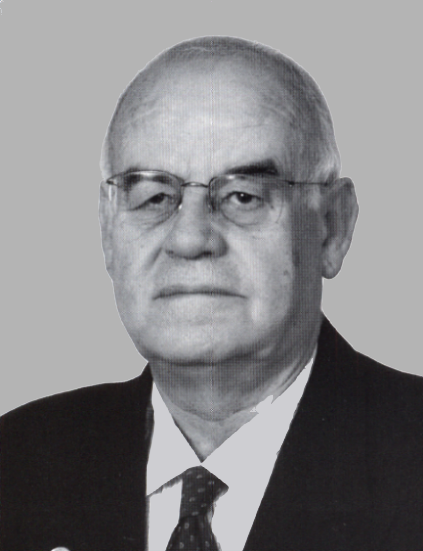Otras “Escrituras” frente a la “Ley Oral”
DOI:
https://doi.org/10.30827/meahhebreo.v53i0.169Palabras clave:
Ley oral, Literartura apócrifa, Apocalíptica, Canon bíblicoResumen
El judaismo rabínico desarrolló el concepto de una “Ley oral” procedente de Moisés con carácter autoritativo y complementaria de la Torah. Pero otros judíos de la misma época, sobre todo los de tendencia apocalíptica, consideraron que se daban nuevas Escrituras. Algunas de éstas fueron atribuidas a Moisés, incluso antes quizás de que la tradición rabínica le señalase como el origen de la Ley oral. Así el Libro de los Jubileos, el Testamento de Moisés y la Vida griega de Adán y Eva.En otras, como las atribuidas a Henoc, se refleja un proceso que desemboca en la valoración de la textualidad sobre la oralidad, llegando sus autores reales a atribuir al texto escrito el valor de una nueva Torah. Así lo muestra el análisis de Henoc etiópico. En Henoc eslavo se llega incluso a la propuesta de que toda la revelación, no sólo en el pasado, sino para el presente y el futuro se da por escrito. El estudio comparado de Apocalipsis siríaco de Baruc y el Cuarto libro de Esdras lleva a la conclusión de que mientras en el primero se mantiene junto a la Torah el valor de la transmisión oral, en el segundo no queda espacio para ésta, ya que el ficticio Esdras, inspirado por Dios, pone por escrito los libros de la Tanak y todo lo demás que han de conocer los sabios.
En algunos de los escritos cristianos más antiguos, como el Apocalipsis de Juan, se percibe una valoración del texto escrito similar a la que se da en la apocalíptica judía; mientras que en otros de tendencia gnóstica, como el Evangelio copto de Tomás, se aboga por la exclusividad del texto en cuanto vehículo de revelación. La formación de un canon de Escrituras en la Iglesia, en el que se recogen nuevos escritos sagrados (Nuevo Testamento) conecta con aquellas consideraciones judías de la posibilidad de nuevas Escrituras, pero, al mismo tiempo apoya en el valor de la tradición oral el discernimiento de las mismas.
Descargas
Los datos de descargas todavía no están disponibles.
Descargas
Publicado
2004-12-27
Cómo citar
Aranda Pérez, G. (2004). Otras “Escrituras” frente a la “Ley Oral”. Miscelánea De Estudios Árabes Y Hebraicos. Sección Hebreo, 53, 35–57. https://doi.org/10.30827/meahhebreo.v53i0.169
Número
Sección
Artículos
Licencia

Este obra está bajo una licencia de Creative Commons Reconocimiento-NoComercial 4.0 Internacional.












